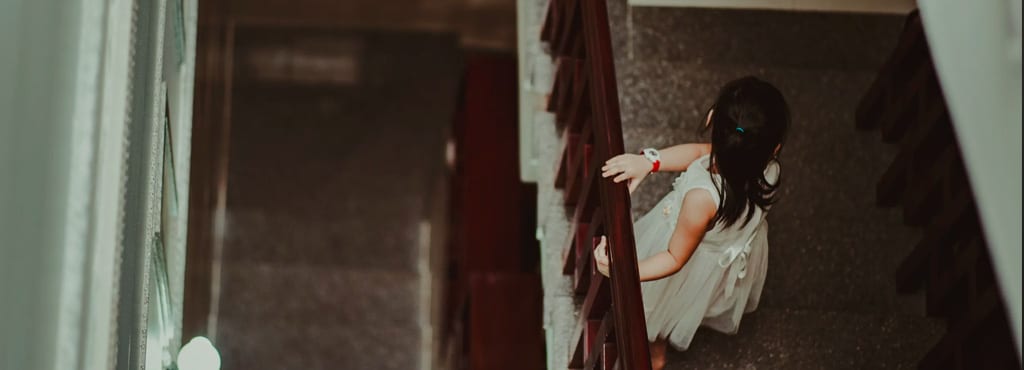You might have heard the term ‘Coroner’s Inquest’ before, but never fully understood what it means or what it actually is. Where there has been the death of a person where the cause is unexplained, there will be an investigation into that person’s death to find out what happened and why.
In the case of medical negligence, this can be when someone dies as the result of an accident. In order to file a death certificate, there are specific details that need to be confirmed before the certificate can be created.
Who Is The Coroner?
A coroner is a medical or legal professional, appointed by the local authority of the particular jurisdiction where the person died i.e if you sister had died in Greenwich, it would be a coroner from Greenwich heading the inquiry. It is their duty to investigate a death if there is reason to believe that the death is:
- Unknown
- Violent
- Unnatural
- The death happened whilst the deceased was in custody or in a psychiatric hospital.
Ultimately, it is the job of the coroner to determine where, when and why the person died.
Will A Jury Be Involved?
Juries are not usually involved in a Coroner’s Inquest, only if:
- The death was unnatural, violent, or of an unknown cause.
- The cause of death was by a police officer’s actions or lack thereof.
- The cause of death was by an accident or poisoning and is in the interest of the public that the government should be notified.
Who Speaks At The Inquest?
Witnesses and legal representatives are not the only ones who have a say during a Coroner’s Inquest. After hearing all of the different testimonies for each case, there is time allotted to allow any additional witnesses or people involved with this specific death to share their thoughts; these individuals may be called by either side.
What Actually Happens At The Inquest?
The inquest is more of an investigation as opposed to a traditional trial. The Coroner and/or jury will hear both evidence and witness statements from witnesses.
The inquest is more of a gathering together of evidence as opposed to just one person’s opinion on the questions surrounding the death of the deceased- interviews help to provide insight into how someone died because they encompass different testimonies which each add something new.
Who Are PiPs?
PiPs, or Properly Interested Persons, are often family members of the deceased, representatives from the establishment where the deceased died, and anyone who was involved in the care of the deceased.
PiPs normally have a legal representative and through them, they can receive information from the Coroner and ask questions of the witnesses.
What Happens At The End Of A Coroner’s Inquest?
Either the jury or the Preliminary Inquiry Panel will give a conclusion- if the jury cannot give a conclusion supported by evidence, then the Preliminary Inquiry Panel will step in and give their advice on what the conclusion could be. This includes:
- Alcohol or drug related cause of death
- Industrial Disease
- Accident or Misadventure
- Lawful killing
- Unlawful killing
- Natural causes
- Open conclusion
- Stillbirth
- Suicide
- Road Traffic Collision



